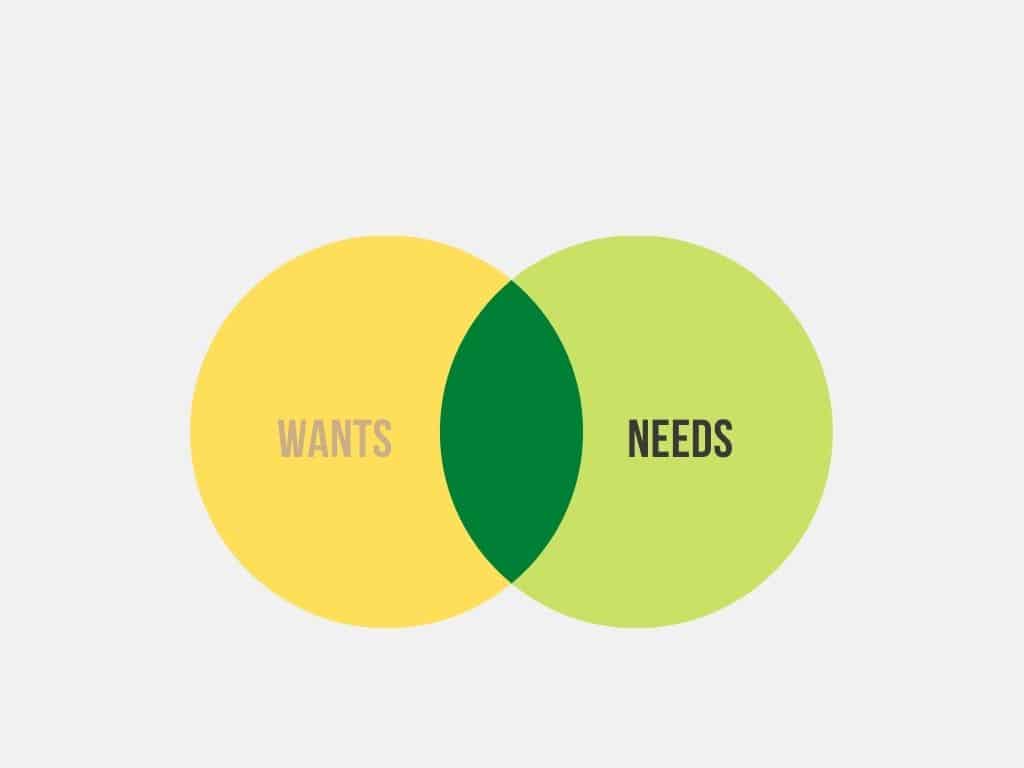
Are you satisfied with your financial situation? If yes, that’s awesome. But, you probably feel that you can do better. You surely want your kids to do better than you. That’s why you need to teach your kids about money, e.g. help them keep a budget. Thought them about saving. Even teach them about making wise investments. To do that, you need to become an educator. A recent National Financial Capability study revealed that financial education correlates with positive financial behavior. Nearly 50% of respondents who received more than 10 hours of financial education report spending less than they earn, compared to around 35% of those who received less than 10 hours.
Related Articles in this blog:
- 10 Tips for Household Money Management
- Explain Money to Children, 11 Reasons Why it is Useful
- How Young is Too Young to Understand Money?
- Money Lessons for Kids? Values, Saving, Spending and Giving
- 10 Mistakes Parents Make in Teaching Kids about Money
- How Much Should Be a Kids Pocket Money per Week
Although it’s never late to start learning, you should start teaching financial literacy while your kids are still young.
Table of Contents
How to Approach the Topic of Money With Your Child
Having ‘the money talk’ with your kids can be daunting. You don’t want to give them a complex about cash accidentally, but you also don’t want them to think it grows on trees. How do you find the balance?
Here are some tips to teach kids about money:
- Start early: The key is to start talking about money early and often. Making it a regular part of the conversation will become less taboo as they get older.
- Make it relatable: Use relatable examples and everyday scenarios to explain financial concepts. For example, if you’re talking about income, you could say ‘the money you get from your birthday presents is your income.’
- Please keep it simple: Use basic terms and concepts that your child can understand. You don’t need to overwhelm them with numbers and financial jargon.
- Be a good role model: Children learn by example, so make sure you’re practicing what you preach. If you want your child to save, show them how you save.
- Encourage questions: Encourage your child to ask questions about money and listen to their concerns. This will help them feel more comfortable talking about finances as they get older.
Why You Should Start When They’re Young
You might think that your five-year-old doesn’t need to know about money, but you’d be surprised. It’s never too early to start talking about money with your kids. You can begin by teaching them the difference between needs and wants. Explain that needs are things we have to have, like food and shelter. Wants are things we would like to have, like a new toy.
As they get older, you can introduce the concept of saving. Help them set up a piggy bank or open a savings account in their name. Explain that it’s essential to save money for things they want, like a bike or a new video game.
When they’re old enough, you can start teaching them about budgeting. Show them how you track your income and expenses and help them understand why it’s essential to live within your means.
You can teach them about credit and debt as they get older still. Explain how credit cards work and why it’s essential only to spend what you can afford to pay back. Help them understand the importance of paying off their debts fully and on time.
Money Management at Every Age
What your child needs to learn depends on many things, including their age, maturity, and financial situation. Here’s a general guide to what you should be teach your kids about money at every age:
Kid Age 5-9



- The difference between needs and wants is a basic but essential concept. Please help your child understand that they can’t have everything they want, and they need to distinguish between things they need and things they want.
- The value of money: Money doesn’t grow on trees, and it takes hard work to earn money. Help your child understand that money is something to be achieved, not something that’s given to them for free.
- How to save money: Kids this age are usually pretty good at saving money. They’ll likely have a piggy bank or savings account that they put their allowance or birthday money into. Help them understand the importance of saving for things they really want.
Age 10-13



- The basics of budgeting: This is a good age to start teaching your child about budgeting. Show them how you track your income and expenses, and help them understand why it’s essential to live within your means.
- The importance of goal setting: Goal setting is a crucial life skill. Help your child understand that they need to set financial goals to achieve anything in life. Explain the difference between short-term and long-term goals. Help them develop a plan for achieving their goals.
- How to make money: Many kids this age are starting to think about ways to make money. They might want to get a part-time job or start their own business. Help them understand the basics of earning, investing, and saving money.
Age 14-18



- The basics of credit and debt: This is an excellent time to start teaching your child about credit and debt. Explain how credit cards work and why it’s essential only to spend what you can afford to pay back. Help them understand the importance of paying off their debts fully and on time.
- How to manage money: Many kids are starting to earn their own money at this age. They might have a part-time job or be receiving money from other sources, like allowance or gifts. Help them understand how to manage their money to stay out of debt and achieve their financial goals.
- The importance of giving: Giving is an essential part of financial success. Please help your child understand the importance of giving back to their community. Please encourage them to donate to charities or volunteer their time.
What to Teach Kids Age 19 and Up about money



- How to invest: Many kids are starting to think about their future. They might be finishing up college, or they might be entering the workforce. Help them understand the basics of investing to start building their nest egg.
- The importance of insurance: This is an excellent time to teach your child about the importance of insurance. Explain how different types of insurance work and why it’s essential to have protection in case of an accident or illness.
- How to save for retirement: Retirement may seem like a long way off, but it’s never too early to start saving for it. Help your child understand the importance of saving for retirement. Explain how different retirement accounts work and how they can start contributing to one.
The Bottom Line
Teaching your kids about money is one of the most important things you can do for them. By starting early and having regular conversations about money, you can help your child develop healthy financial habits that will last a lifetime.
It’s also important to continue your education on financial matters. The more you know about money, the better equipped you will be to help your child navigate the ever-changing world of finances.
About Me
Hi, there. I am Lin. Together with my husband and two kids, we live in the beautiful Netherlands in Europe. I am dedicated to self-development, creating quality time for the whole family, and fully supporting kids with their potentials with all I have learned from engineering, MBA, and 10+ years of working experience in the energy sector.



10 Comments
Comments are closed.